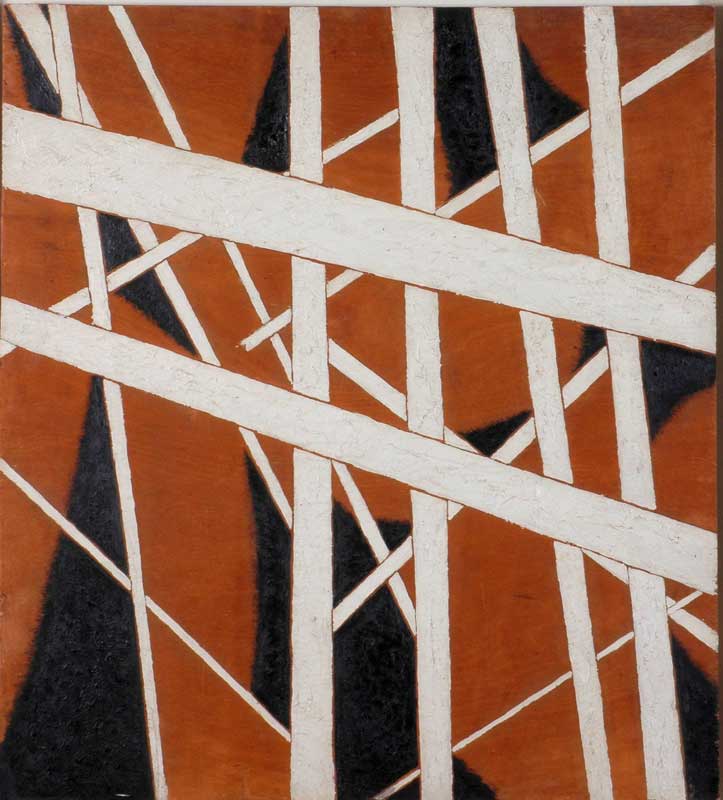Introduction: Althusser’s Theoretical Experiments | Patrick King
By reading his work as animated by antagonisms and countervailing tendencies – where fundamental concepts are open to translation into different registers – we can detect the nodal points of Althusser’s oeuvre.
Althusser and the Young Marx (2002) | Pierre Macherey
The premises of a materialist concept of knowledge, still to be elaborated, can be read in the interstices of Althusser’s article on the Young Marx; they provide its secret drama, and doubtless constitute its most significant and substantial contribution.
Philosophy and Revolution: An Interview With G.M. Goshgarian | G.M. Goshgarian
Althusser’s contribution is to have shown that historical materialism, if it means to justify its claim to be a science of history, can only be the science of the always aleatory encounter known as the class struggle.
Indication as Concept: Spinoza and Althusser | Eva Mancuso
By viewing his theoretical interventions as indications, Althusser signals that he understands them as moments of a larger process: a practice of collective research.
Listening to Reading Capital | William S. Lewis
Audiotapes of Althusser’s 1964-65 seminar on Marx’s Capital will allow for the most accurate genealogy of one of the most important texts in 20th century Marxist philosophy.
Why Should We Read Althusser (Again)? | Alex Demirovic
Just as Marx’s Capital can be read in different ways and its theories brought to bear on different things, so too does Althusser’s Reading Capital offer various lessons.
Althusser and Workerism | Fabrizio Carlino and Andrea Cavazzini
We will only explore certain relations between Althusser and the philosophical formulations of workerism — elaborated by Mario Tronti and Antonio Negri — respectively and from the decidedly limited but nonetheless revealing point of view of the relations between political practice and theoretical practice.
Excerpt from “The Concept of Critique and the Critique of Political Economy” (1965)| Jacques Rancière
We are no longer dealing with an anthropological causality referred to the act of a subjectivity, but with a quite new causality which we can call metonymic causality.
 Viewpoint Magazine
Viewpoint Magazine